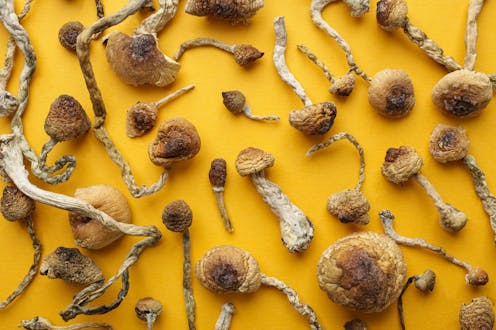Since I was young, I have been intrigued by altered states of consciousness, such as out-of-body experiences, paranormal phenomena and religious visions. I studied psychology and neuroscience to gain a better understanding of how these experiences come about. And in my scientific career, I have focused on the question of why some people are more prone to having these experiences than others.
Naturally, when I came across psychedelic science a couple of years ago, this field also sparked my academic interest. Here was an opportunity to study people who had a psychedelic experience and who claimed to have had a glimpse of ultimate reality. I started to research psychedelic experiences at Leiden University and founded the PRSM lab – a group of scientists from different academic backgrounds who study psychedelic, religious, spiritual and mystical experiences.

Initially, I was enthusiastic about the mind-transforming potential of psychedelics. These substances, when administered correctly, appear to be capable of enhancing people’s mental and physical wellbeing . They also increase feelings of connectedness to and concern for the environment .
Psychedelic therapy appeared to offer great potential for treating a wide variety of disorders, including depression , anxiety , addiction and post-traumatic stress disorder . This enthusiasm about the potentially transformative effects of psychedelics was reflected in positive media attention on this topic over the past few years. Micha.























